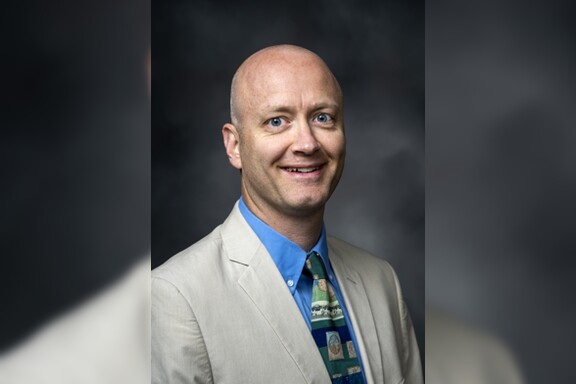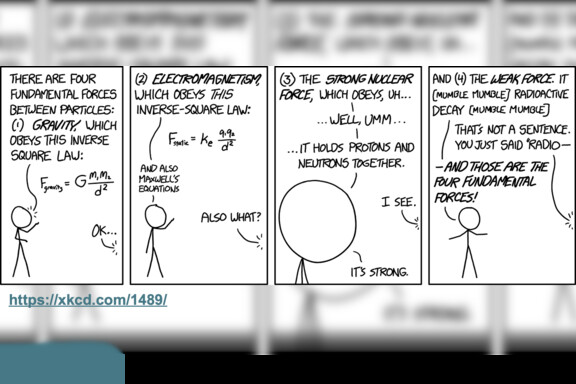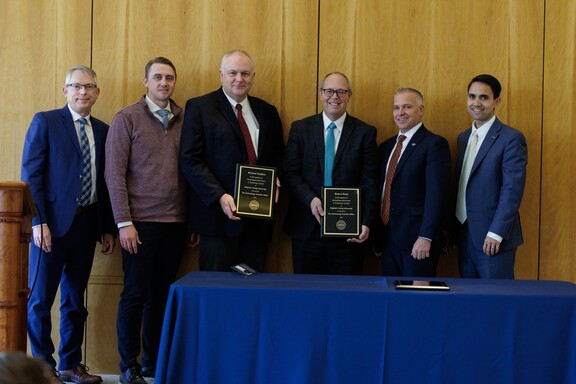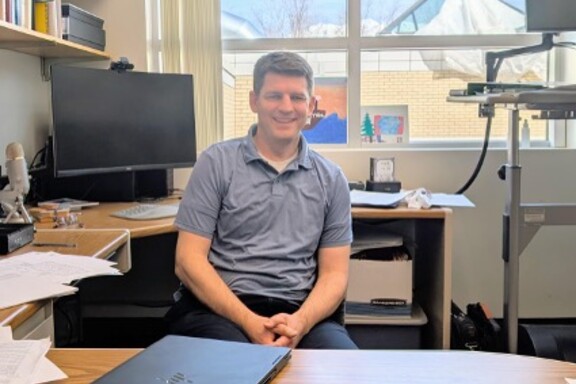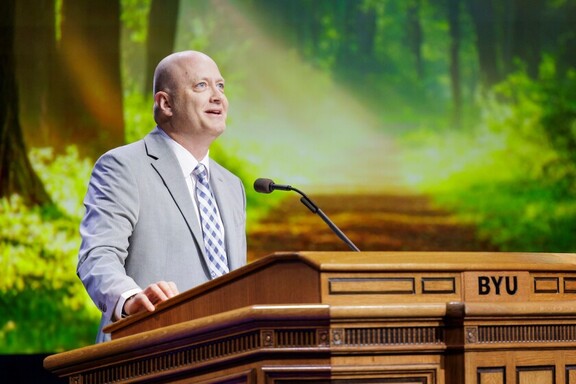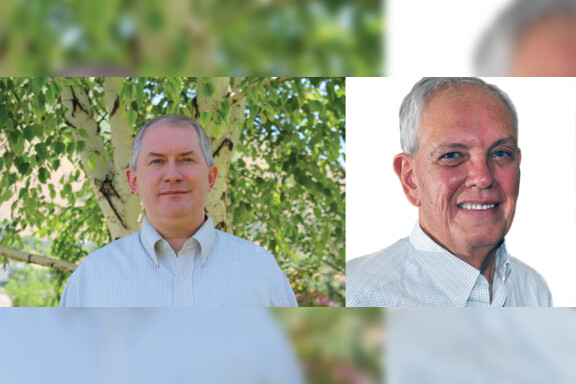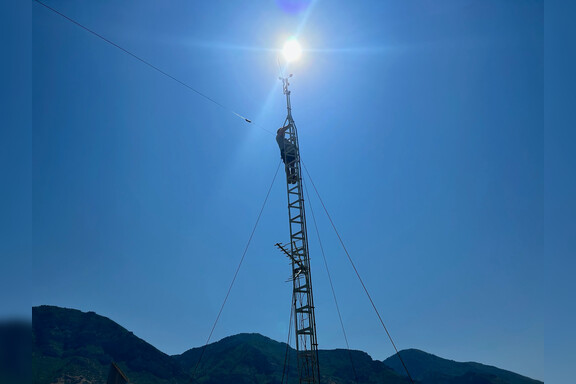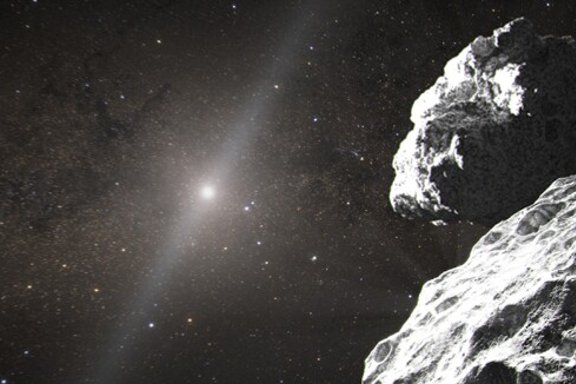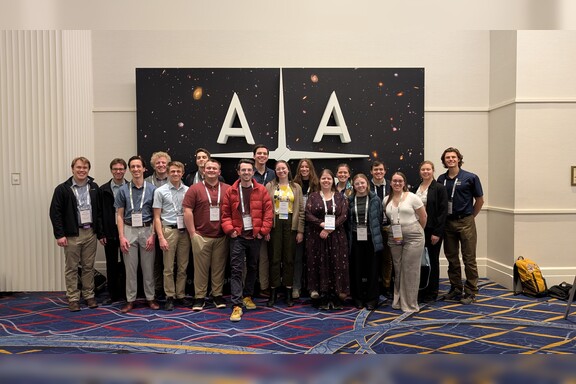Steve Summers, B.S. Physics '97, shared his time and advice with our students in a recent interview. We appreciate Steve's willingness to share his experiences with them!
-What area or field did you focus on in your studies?
"B.S. Physics, undergrad research in lasers. I helped build the first version of the terahertz pulse laser in the underground lab."
-Tell us about your career, specifically what you do now.
"I’ve spent 26 years in technical marketing and sales. On graduation, I got a job with National Instruments because of my experience with LabVIEW. I spent 17 years in technical sales, working with scientists and engineers in all industries to design, develop, and deploy measurement and control systems. For the past 7 years, I’ve been in a marketing role where I work directly with aerospace companies to understand their test needs, especially related to mechanical systems like jet propulsion engines, rocket engines, aircraft structures, actuators, motors, gears, and complex systems. Based on what I learn from customers I build business cases to direct our company engineering investments to build new solutions."
-Why did you choose to study physics?
"I grew up in Idaho Falls, near the national engineering laboratory where much of the early research in nuclear reactors was done. I was always fascinated by the big science experiments they performed. Then, on my mission, I spent time in a little Yugoslavian city where Nikola Tesla went to school, and this convinced me to follow a career in Physics."
-How did your studies help prepare you for your career?
"I talk with scientists and engineers every day, so my education taught me the basic scientific principles we use to communicate. More importantly, I learned to solve problems, which is what I really do all day every day."
-What do you find rewarding about your career?
"I love seeing big science in action – from a rocket launch to a jet engine firing up. It’s rewarding to know that I had a small role in the success of those systems. I love working with scientists and engineers every day, whether they are at my company or my customer site. I love the opportunities I’ve had to travel the world to talk to technical companies in dozens of countries. As a kid growing up in Idaho, I never imagined that I’d see aerospace facilities in France, China, England, Japan, and Germany. But it’s a regular part of my schedule now."
-What advice you would give students
"Branch out and learn as much as you can about as many topics as possible. Pick up a programming language; computers are and will be an increasingly large part of our professional careers. Learn to analyze data, the more insights you can pull from raw data the more valuable you become to your company. When you get a job, find ways to add value to your company. The more valuable you become, the more you will love your career."
News and Events

